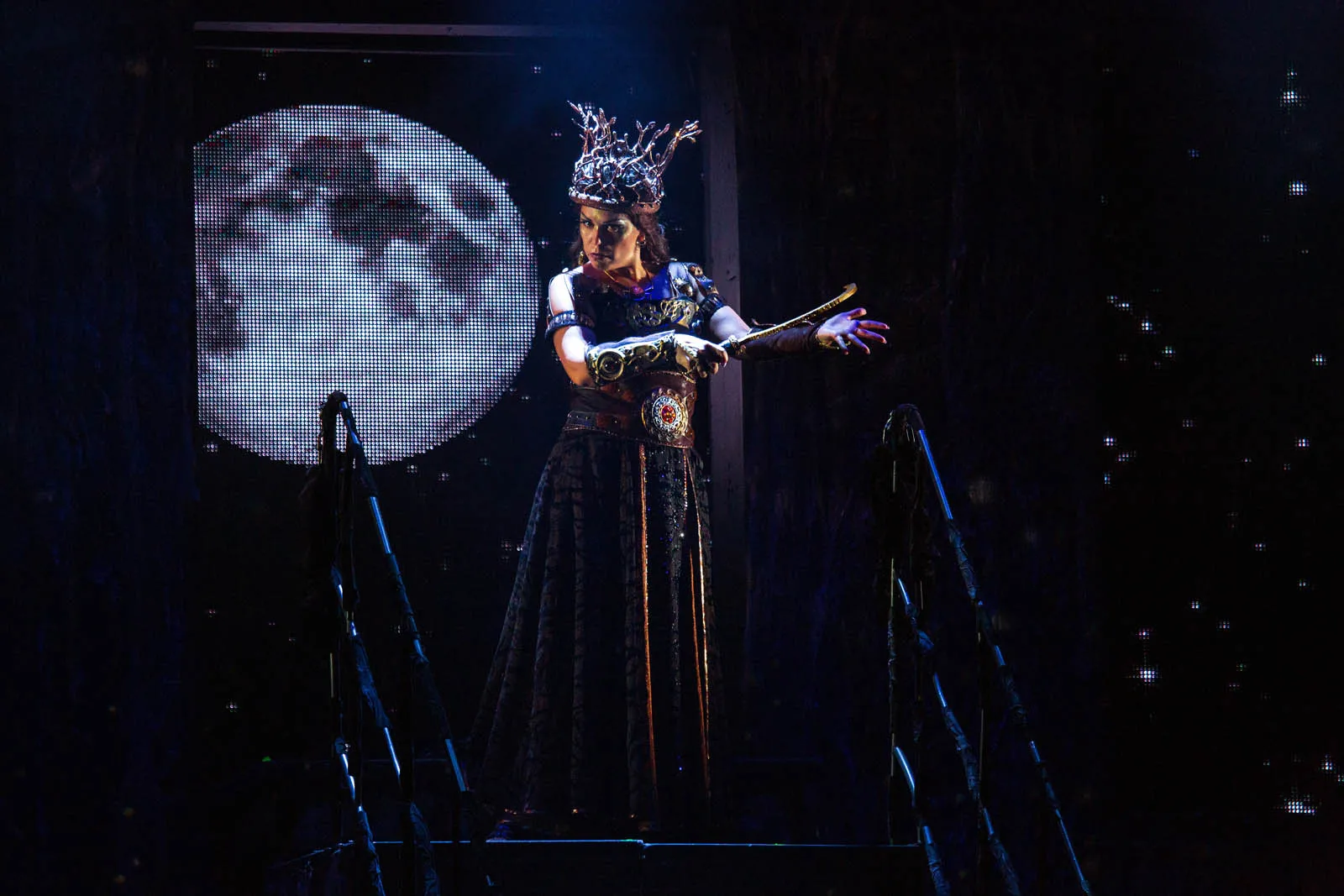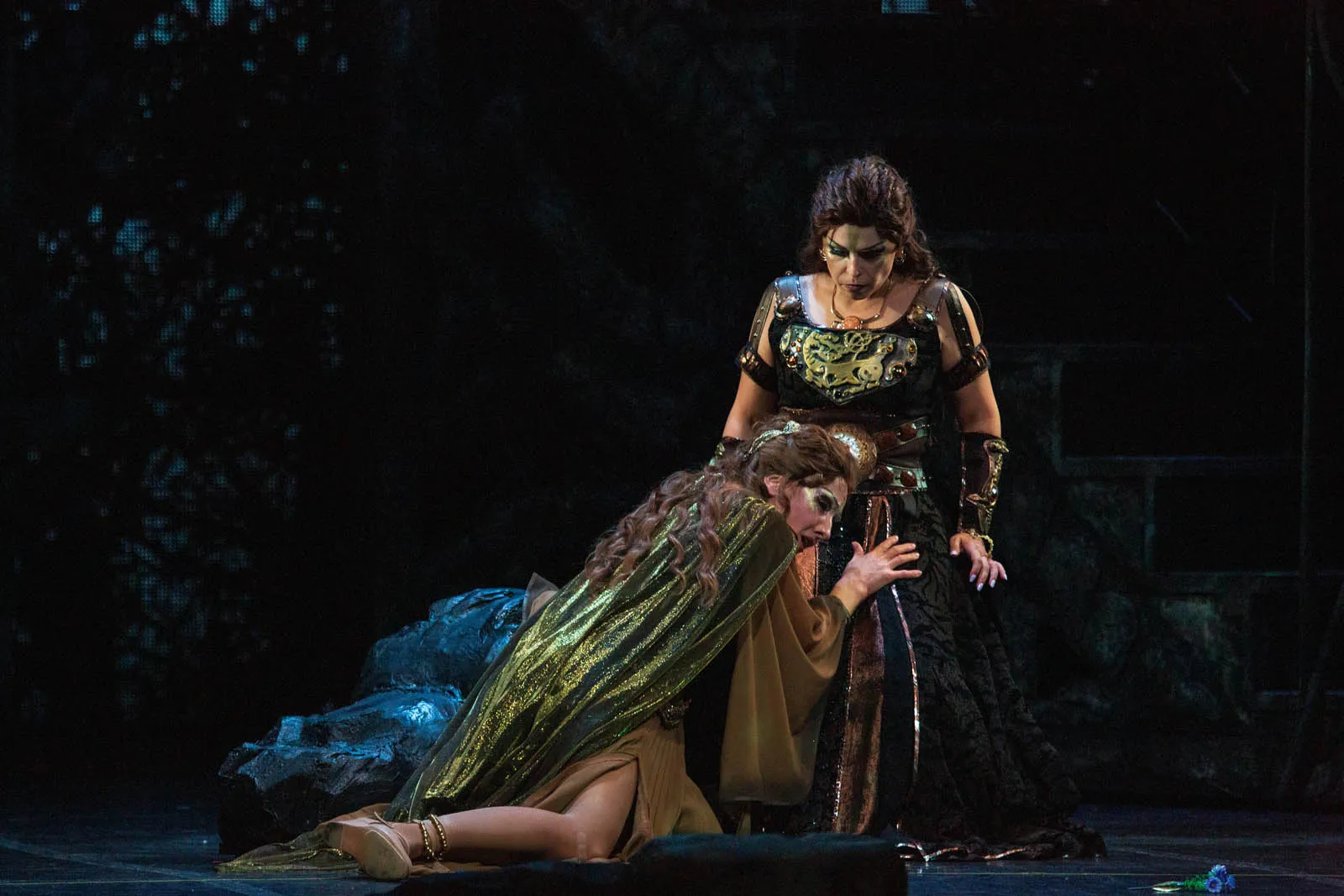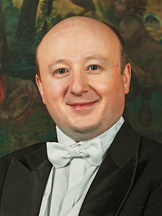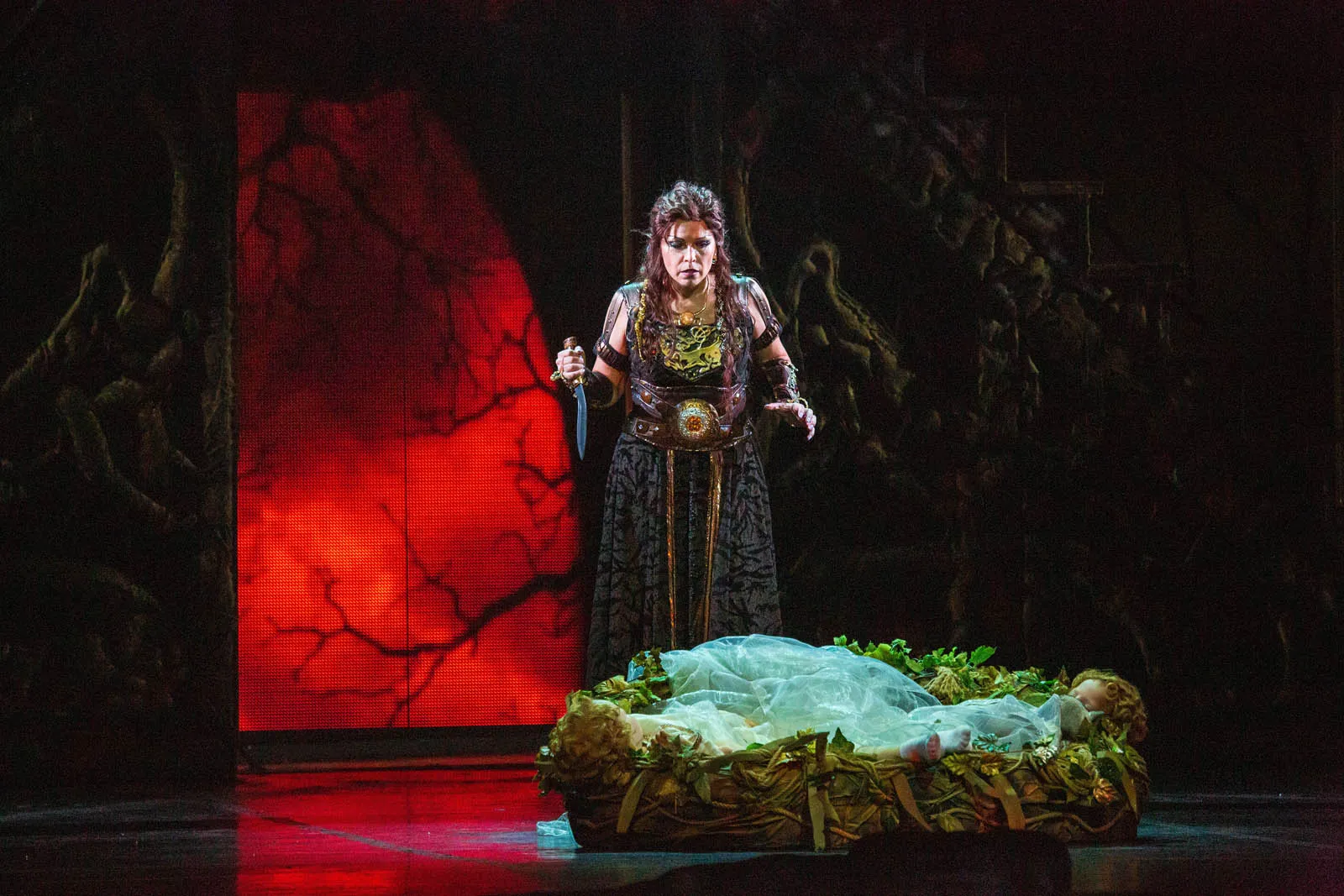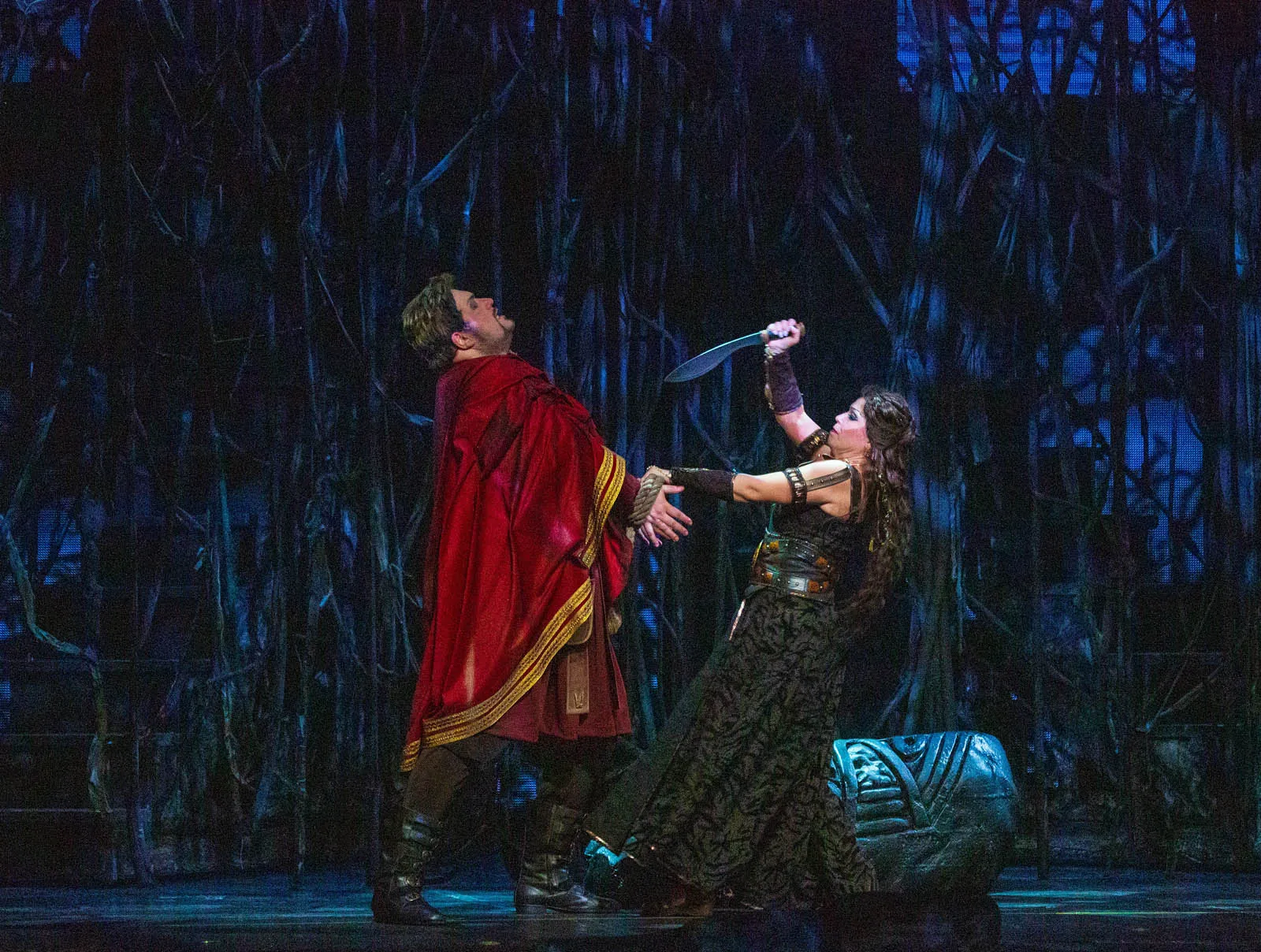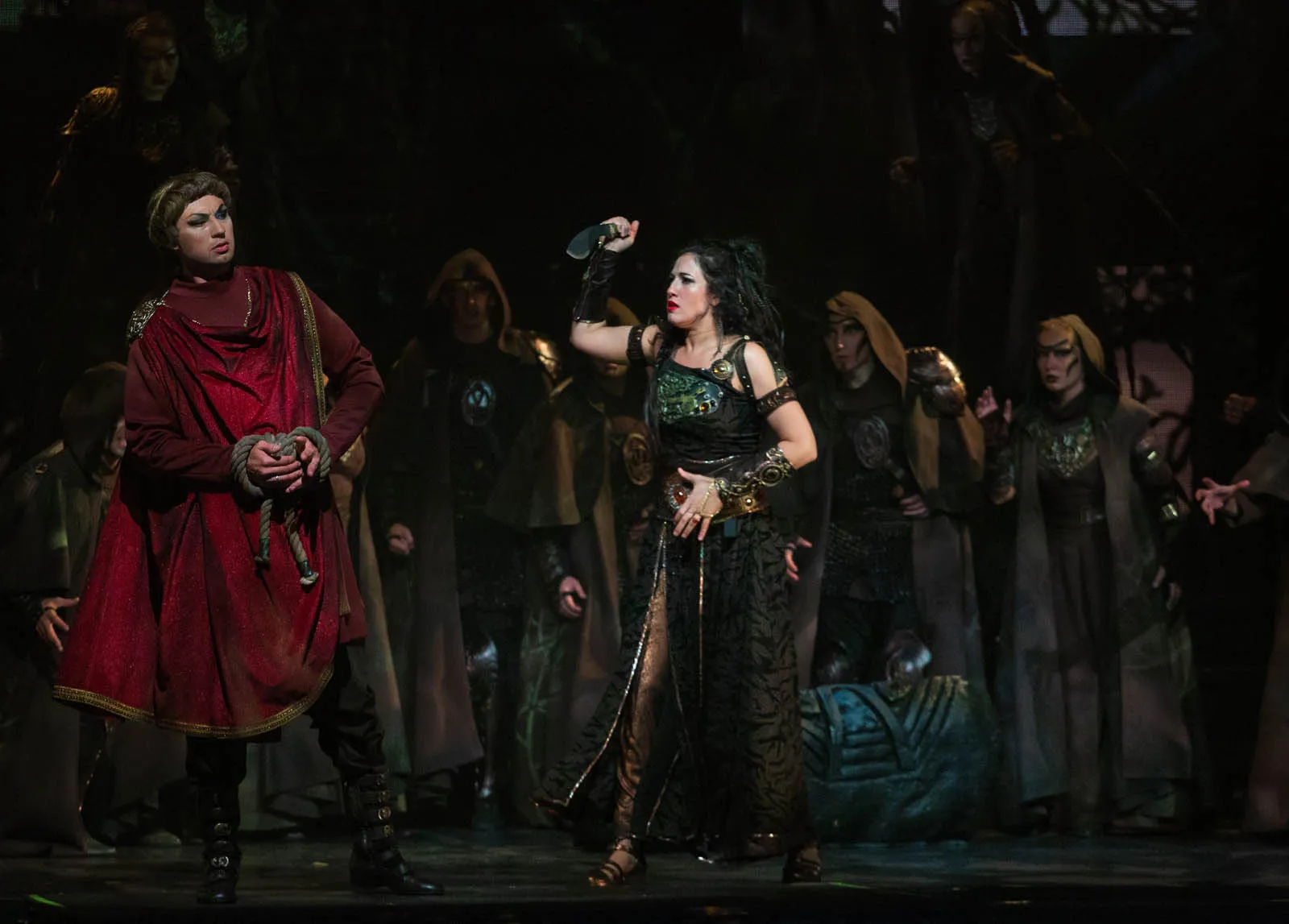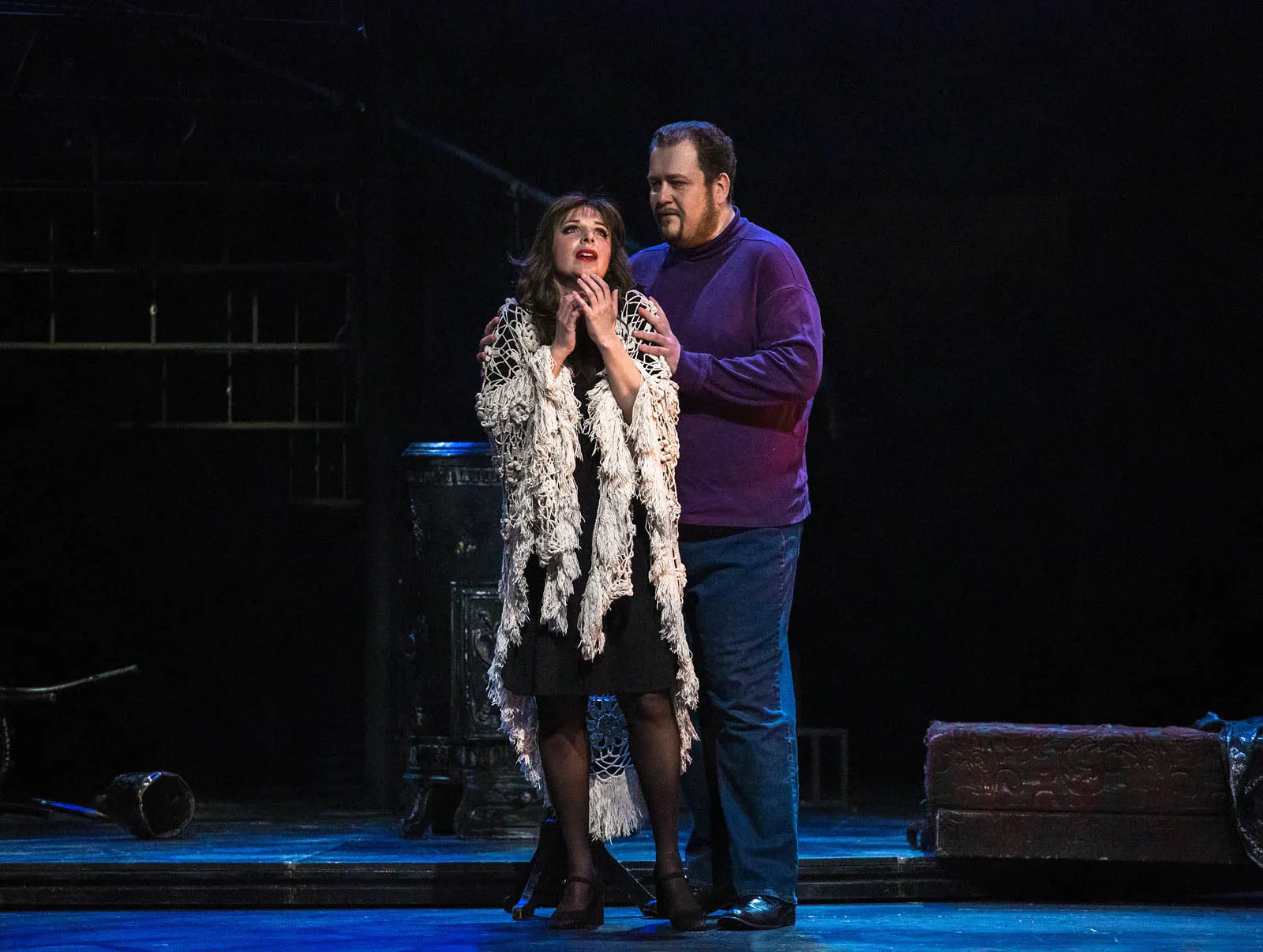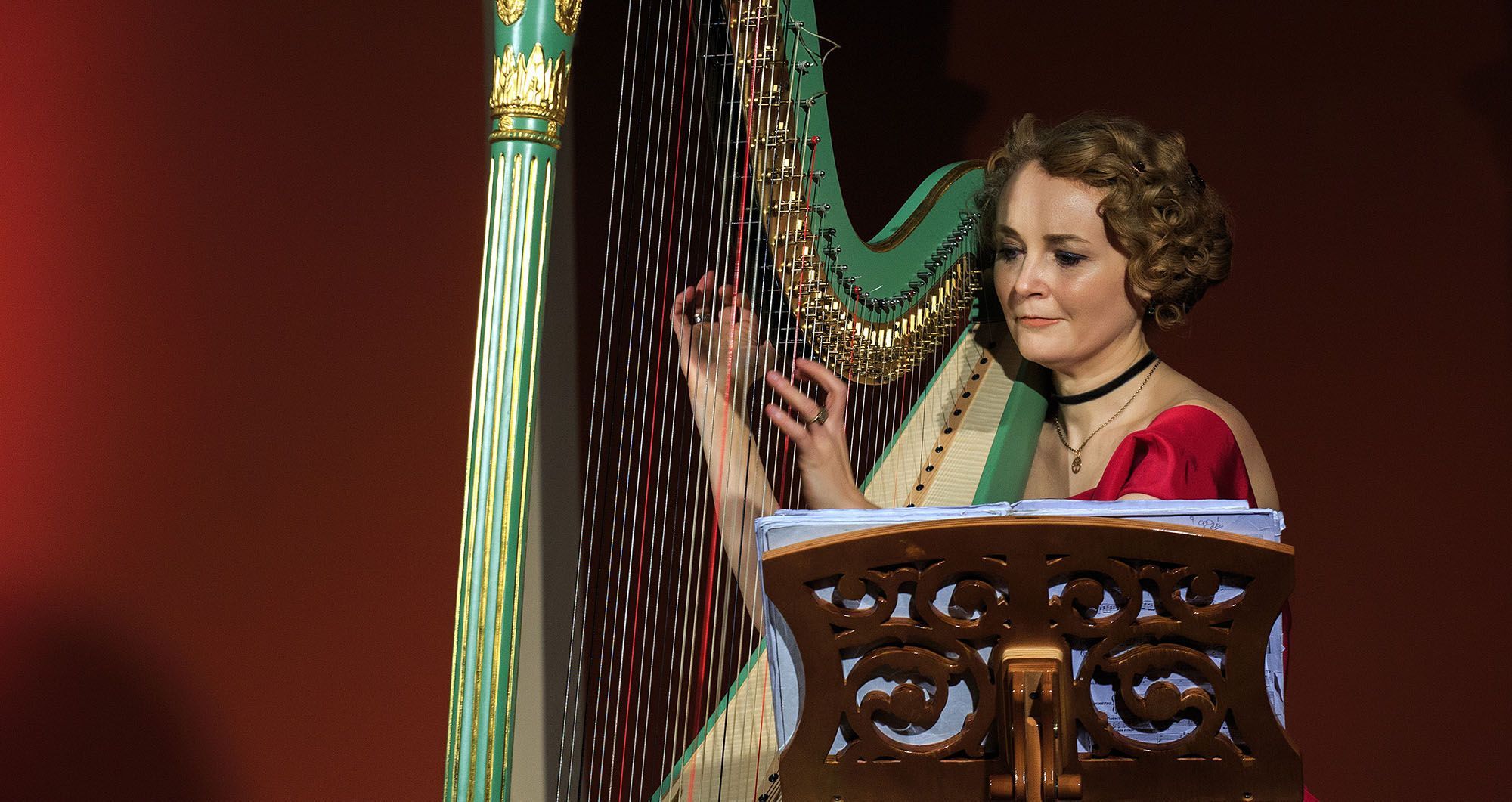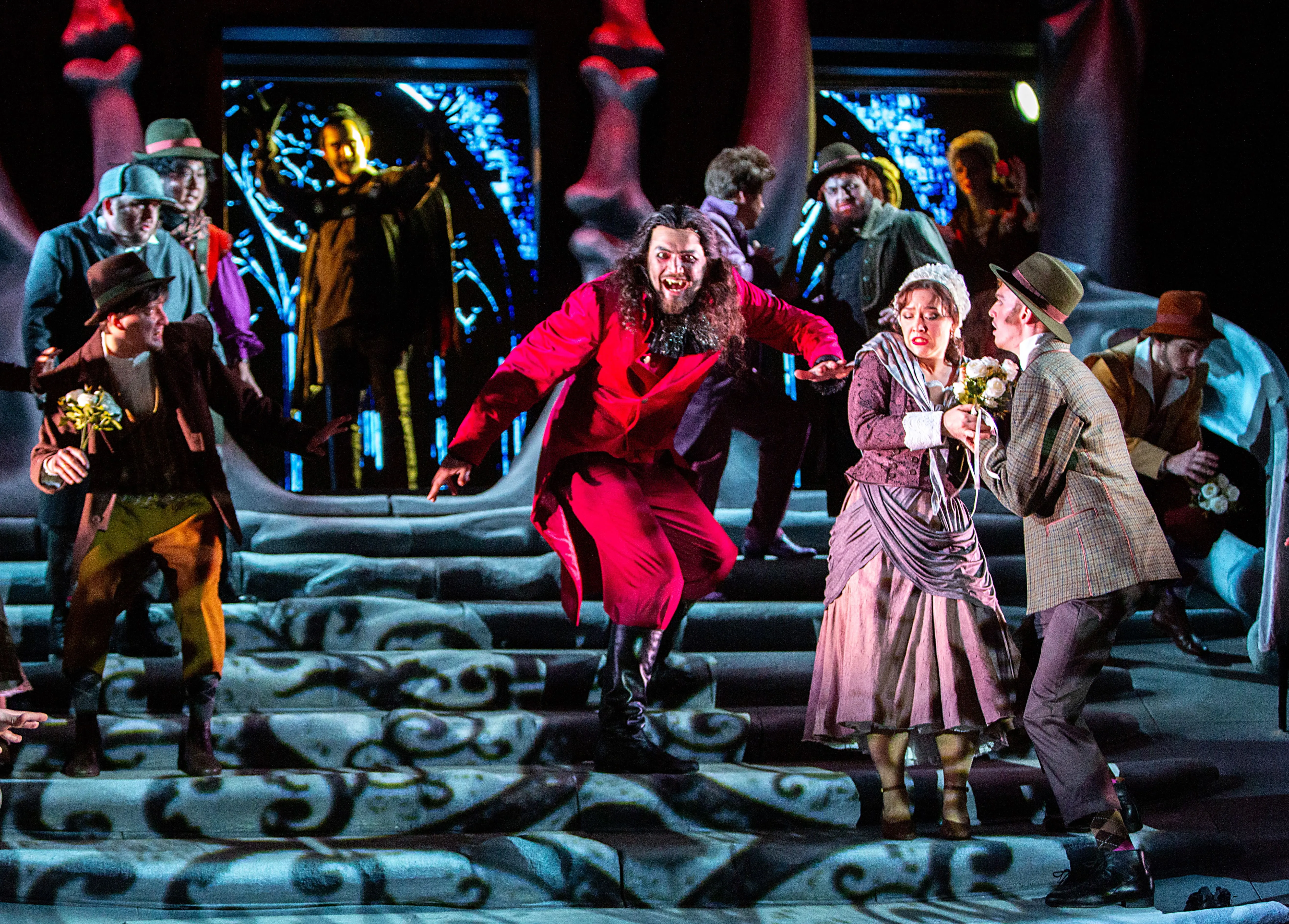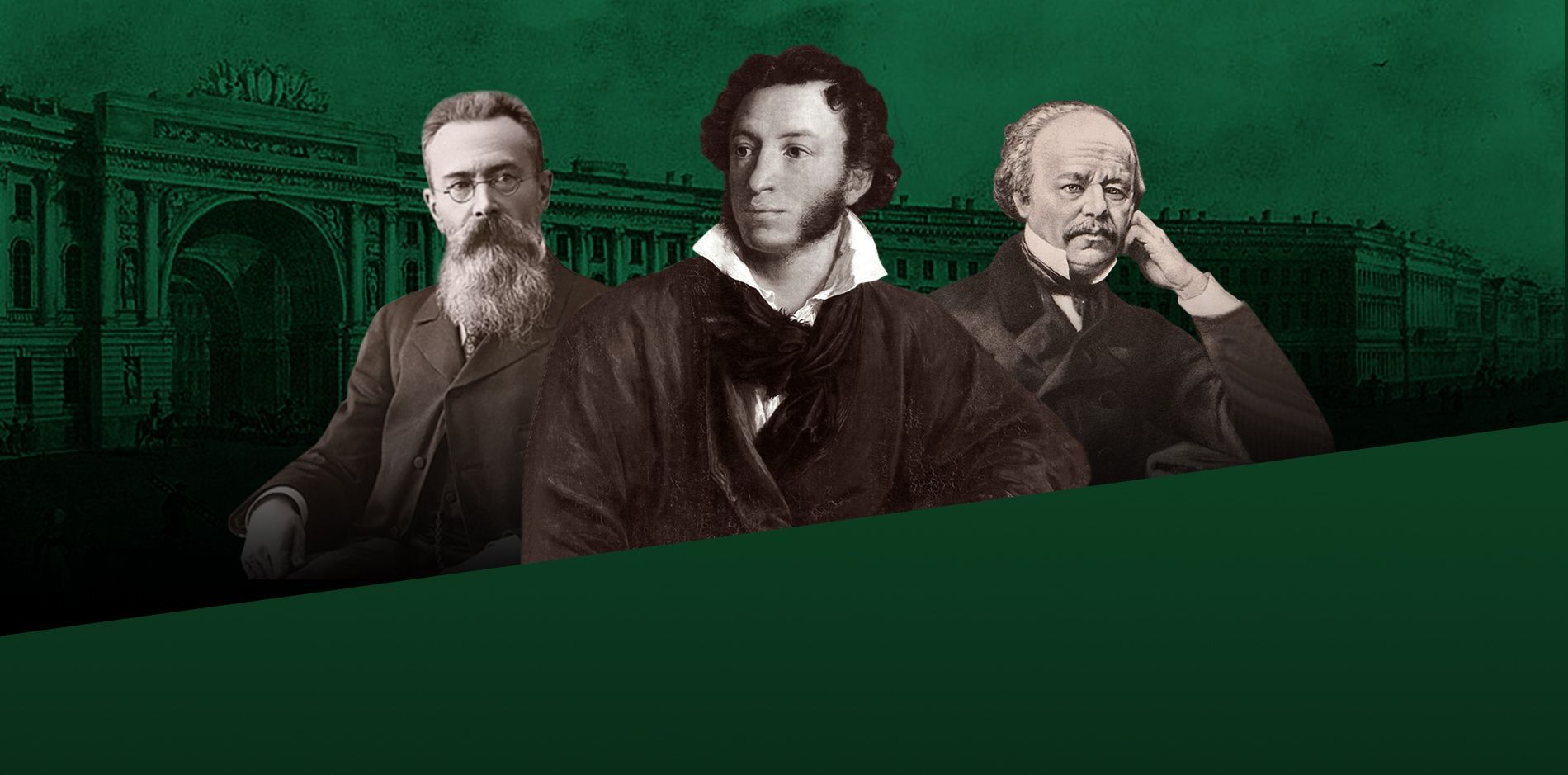Break 15:00–16:00
Norma
The viewer an opportunity to look at the classics from a new perspective, to see the feelings of the characters as close to the present as possible.
24 May,
Friday,
19:00
30 June,
Sunday,
19:00
















The work of Bellini was written by him in 1831, on the plot of the then popular tragedy “Norma, ossia L'infanticidio” by Alexandre Soumet. Since then it has become a bestseller of the world opera stage. Despite of the success of this work, it is not frequently staged opera today. The St. Petersburg Opera continues the tradition of introducing the St. Petersburg audience the unknown masterpieces of world classics.
Alexandrov’s approaches give the viewer an opportunity to look at the classics from a new perspective, to see the feelings of the characters as close to the present as possible. In his production, Bellini’s immortal masterpiece takes on a new sound, colors, and meanings, and brings life to the stage of the St. Petersburg Opera.
Act I
In the sacred grove of druids in Gaul conquered by Rome, the chief of druids Oroveso prays to the gods to victory against the invading Romans. The druids pray that Norma will come and have the courage to broker peace with the Romans. After the departure of Oroveso, the Roman proconsul Pollione secretly comes to the sacred grove with his centurion Flavio. The proconsul confesses to a friend that he no longer loves Norma, the daughter of the high priest, who transgressed the laws of her faith and, breaking her vow of chastity, gave birth to two sons to Pollione. The thought of Norma’s revenge constantly pursues the proconsul, but a new passion for young Adalgisa blinded him so much that Pollione is ready for any madness for her. Hearing the approach of the druids, gathering for a sacred ceremony, the Romans hastily left the grove.
The priests and priestesses come out solemnly.
The majestic and beautiful Norma performs the ceremony of harvesting the sacred mistletoe, but her thoughts are sinful: she thinks about the father of her children, fears for his life, and therefore declares that Rome must perish not from the revenge of the Gauls, but from her vices. In the name of the god Irminsul, she commands to keep the shameful world. An uninitiated person should no longer enter the sacred forest. If the god desires the blood of the Romans, the high priestess will call for revenge from the top of the temple.
The solemn ceremony is over, Adalgisa alone remains in the grove, she prays to the gods to protect her from her criminal passion for the Roman. Here Pollione finds her and confesses to the girl his tender love. He persuades Adalgisa to go with him to Rome, and she agrees, making a promise.
Norma is in deep sorrow: she accidentally learns about the impending departure of Pollione, which he hid from her. Norma senses that Pollione has stopped loving her.
Adalgisa comes to the high priestess to reveal her oppressive secret – to confess her criminal love for the Roman. Norma, realizing that for the sake of the same love she broke her vow of chastity, is ready to forgive Adalgisa for her sin and, having removed all vows from her, let go ...
Pollione suddenly appears, and Adalgisa points to him as her lover. Norma is furious. She accuses the proconsul of infidelity and threatens with curses and revenge. Pollione, distraught with love for a young girl, announces to Norma that he no longer loves her. Adalgisa repels the Roman. She reveres the high priestess too much to become the beloved of the one who cheated on Norma, but Pollione forcefully takes the girl away with him.
Act II
Desperate, Norma bent over the cradle of her children. Execution awaits them in Gaul, slavery in Rome. She conceived to stab them, but is unable to do so: motherly love prevails over the feelings of the offended woman. Norma desperately orders the nurse Clotilde to bring Adalgisa. Norma is ready to give up Pollione and asks her happy rival to take the children to Rome and become a good mother to them. But Adalgisa cannot go for it. She hopes to convince Pollione to return to the mother of his children. Hope awakens in Norma’s tortured soul...
The Gallic warriors eagerly await the signal to attack the proconsul Pollione. Oroveso appears. He brought bad news: in the name of the gods, Norma refused to bless the battle.
In the deserted sacred grove, Norma painfully awaits the return of Adalgisa, but Clotilde comes and says that the girl’s prayers did not touch Pollione. He vowed to kidnap Adalgisa even from the temple. In anger, the stern and formidable priestess strikes the sacred shield of Irminsul three times, calling for vengeance. The warriors of Gaul come running from all sides to finally hear the long-awaited and joyful news: war has been declared on Rome!..
Screams and noise are heard. Clotilde runs in and reports that a certain Roman broke into the sacred abode of the priestesses of Irminsul. The Gallic warrior brings in a bound proconsul. Pollione entered the temple to kidnap Adalgisa, and now he stands in front of Norma awaiting the death sentence. The high priestess brandishes the sacred dagger, but at the last moment her hand trembles: Norma cannot kill her lover, the father of her children. She orders everyone to leave to interrogate the culprit.
Norma offers Pollione freedom if he abandons Adalgisa and returns to her. But the Roman prefers death...
Norma orders the druids to make a fire: the perjurer will die on it – the true culprit of all troubles. The warriors demand to reveal her name. To everyone’s amazement, Norma identifies herself. Pollione is amazed at the greatness of her deed, in the proud heart of the Roman a passion for the abandoned wife flares up again. Now he is ready to go to his death with Norma. She confesses everything to her father – the high priest of Oroveso and entrusts him with the care of her children: they are not guilty of anything, his blood also flows in them.
A huge bonfire is already waiting for its victims. Norma and Pollio slowly climb on it...






